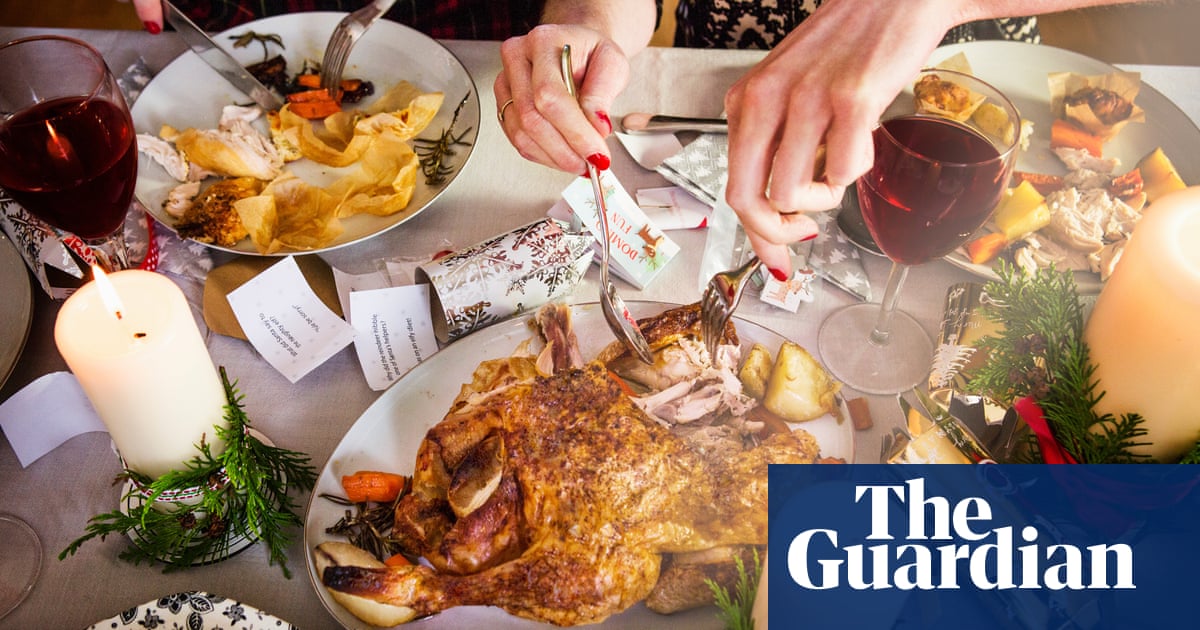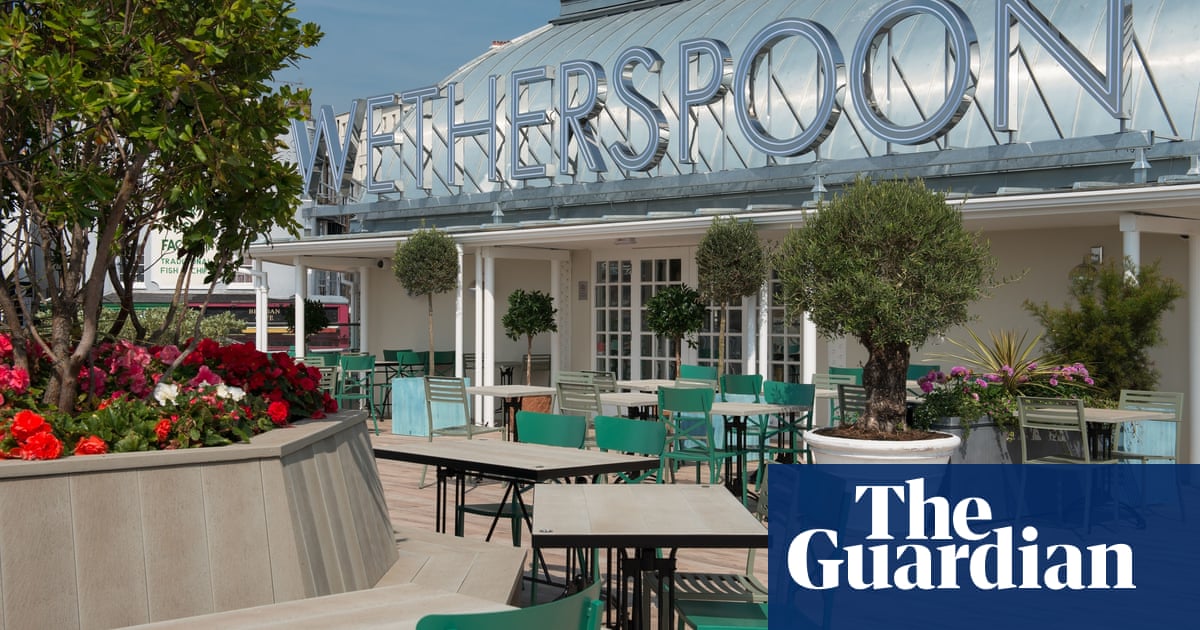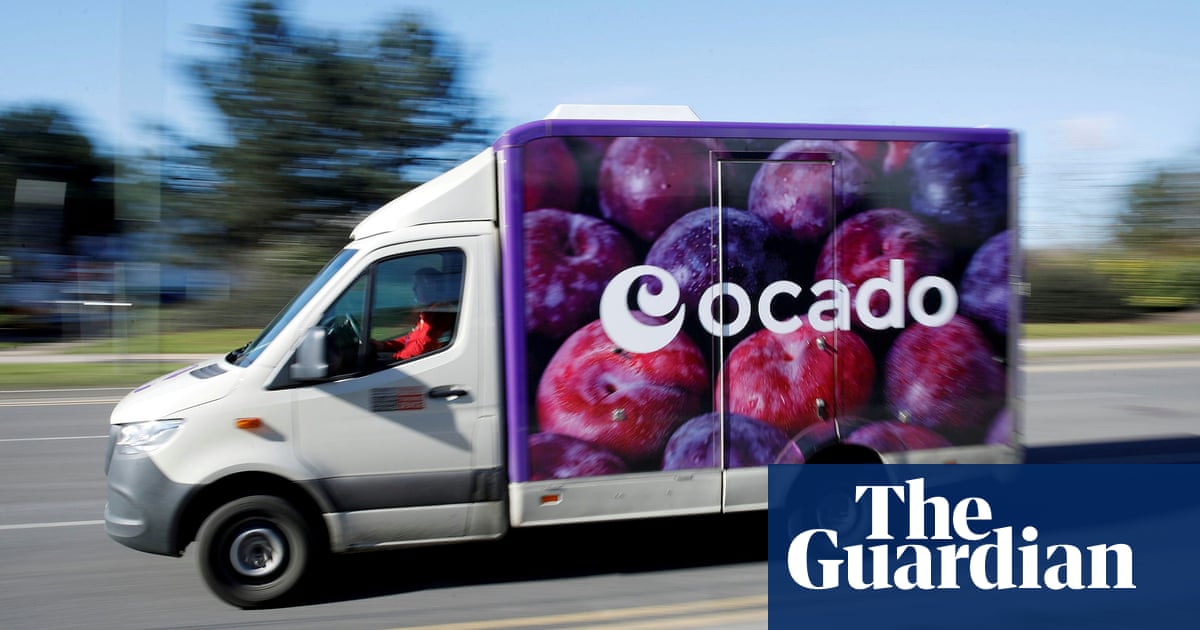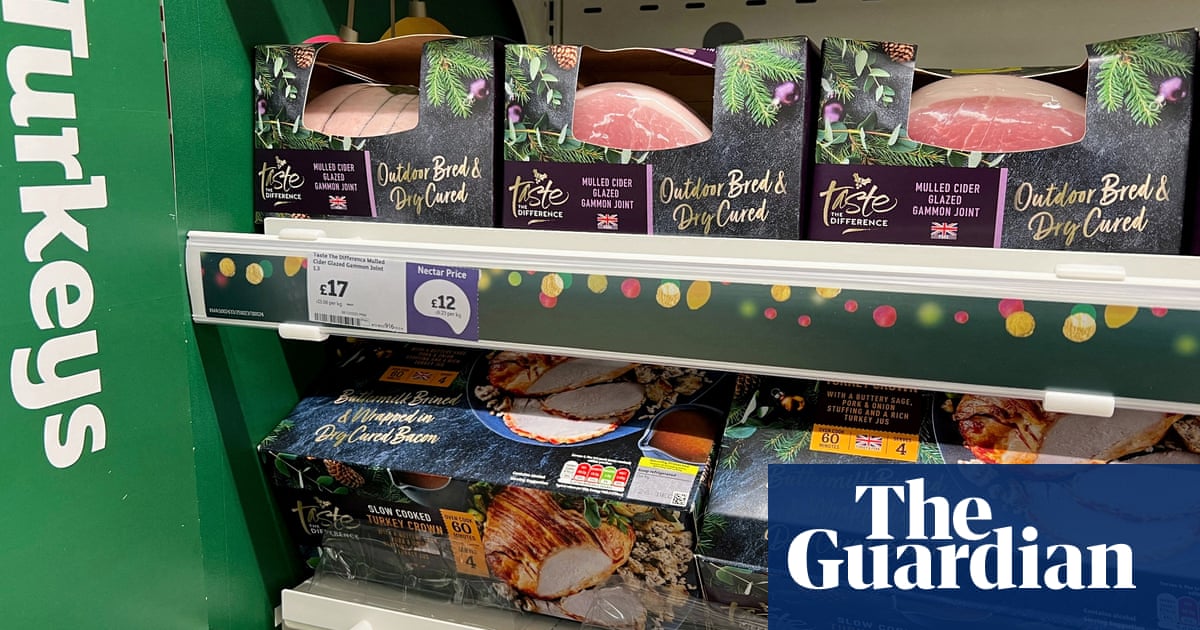
Shoppers going “all out for a big Christmas dinner” and returning to Argos stores amid the rail and postal strikes have helped put Sainsbury’s on track to achieve annual profits at the top end of expectations.
The UK’s second-biggest supermarket said sales rose by 7.1% in the six weeks to 7 January compared with the same period in 2021 – beating the 5.2% average for the three-month period to the same date – as 50% more people visited its Argos outlets in supermarkets amid fears of delivery holdups.
The late rush resulted in Argos enjoying stronger sales in Christmas week than in the Black Friday November discount week for the first time in years.
Simon Roberts, the chief executive of Sainsbury’s, said customers shopped carefully but “really wanted to have a good time” over Christmas – switching to own-label products and frozen goods, and shopping around for the best deals to keep within budget.
Online grocery orders were down 10% as he said shoppers wanted to come into stores to compare the offers available. Argos’s home deliveries were also down, with shoppers seeking to avoid delivery fees and ease concern about postal services after the Communication Workers Union held six days of strikes in the run-up to Christmas Day.
Sales of the group’s own-label groceries rose 10% over the festive period – as shoppers sought to save cash – but party food was up 30%, with friends and families enjoying more gatherings after last year’s more cautious Christmas when the Omicron variant of Covid-19 put a dampener on celebrations.
The group sold record amounts of champagne and prosecco and 22% more of its premium own-label mince pies and 49% more of its Taste the Difference panettone.
Roberts said the group’s £550m investment in cutting prices over two years had paid off, with fewer shoppers switching to Aldi and Lidl than did from its main rivals – such as Tesco and Asda.
He said the retail group had also benefited from having better availability of tech products in Argos, with sales of televisions, air fryers, clothes dryers and tablet computers faring particularly well.
Sales of general merchandise rose by 7.1% over the key Christmas period, a step up in growth from 4.6% over the three months to 7 January and 1.2% in the prior quarter, while clothing was up 5.1% against 1.3% over the three-month period.
The chain’s network of stores – where shoppers can order online and pick up – helped Argos gain market share as home deliveries dropped.
“Customers made active choices on how to make the budget go further – shopping carefully and shopping early – and they wanted to make sure they were being really savvy about offers,” Roberts said.
The numbers defied fears of a gloomy Christmas for retailers as high energy bills and rising mortgage costs dented family finances.
However, Roberts said it was too early to tell if people would continue to spend as freely post-Christmas, and the group was “cautious about the year ahead as customers are watching every penny”.
The sales figure was boosted by inflation, which is running at more than 10% on average across the market. Sainsbury’s said its inflation was lower than that and the volume of groceries sold had fallen only slightly in the four key festive weeks.
That compared with bigger falls at main rivals Tesco, Asda and Morrisons, and big jumps in volumes at the German discounters Aldi and Lidl.
Roberts said the company was “working with our suppliers to battle inflation” and was price-matching the discounter Aldi on about 300 of Sainsbury’s most popular products – its biggest ever price-matching campaign.
“We understand money will be exceptionally tight this year, particularly as many people wait for Christmas bills to land,” he said.











